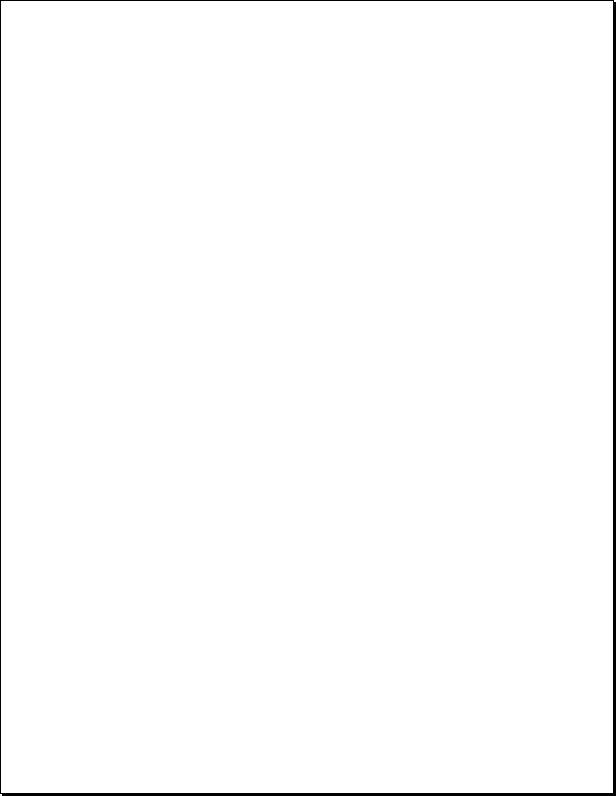
EDCI 6992, Spring 1999
Dr. Charles Gifford
April 28, 1999

My Curriculum, Teaching, and Learning Theory
My Perspective (maybe a theory)
In an Information Age, the only industry is education, the only occupation learning.
I agree strongly with John Dewey (1938). Learning takes place in a social
context. Truth and knowledge are not constants waiting for discovery by educators
and/or students. Information only becomes knowledge when stressed. It may very
well be that there is no absolute truth, but stressed, I will hedge on this point. If
there is no absolute truth, then the statement that there is none may not be true
Educators and adult learners bond to make an environment where teaching
can take place. Both educators and learners are teachers. The goal is to place a body of
information under stress and to apply a methodology that will test knowledge
theories. This methodology is an educator’s pedagogy or andragogy. The
educator/learner and learner/learner bond is my teaching method. I am not the
teacher, the bond is the teacher. As an educator, I am at my best when I learn more
from my students than any one student learns from me. I am at my best when I
build learning environments where students learn more from each other than from
me. The best educators are equally adept at teaching and learning. The goal is to
individually give students their best chance to become learners and educators.
The best learners, in the Plato/Dewey sense, play a game of Socratic solitaire,
questioning, probing, and making mistakes. Education’s only constant is this
Socratic solitaire. The goal is truth and knowledge, but the quest is unending.
Without mistakes, no learning can take place. Learners who do not make mistakes
George North, 28-Apr-99 EDCI6992, page 2
EDCI6992, page 2

must already know everything. Students not making mistakes are not learning.
An education system watches over and fosters the culture of the society it
serves. A direct implication of this is inclusion. An indirect measure, then, of the
of the
success of educational systems is a measure of its inclusiveness.
Curricula is academic knowledge. It consists of the artifacts of an education
system, such as resource allocations, courses, degree requirements, syllabi, campus
life. Like all knowledge, curricula is in a constant process of construction. Curricula
change is a signpost of the commitment of an education system’s stake holders --
administrators, faculty, students, graduates, and the community served.
Epistemologically I lean towards postmodern. By our research, educators
validate content and place it into a context. Our job is to interactively create
pedagogy that integrates with learners, to insightfully include content that is
coherent with its purposes. We understand that diversity requires that our purposes
be tailored to our learners. When we do our jobs well, learners/educators form
knowledge from the stress, pedagogical methodology, brought to bare by the
by the
For purposes of discussion here, technology in education, education
technology, computers in education, and such similar terminology should be
understood to include: integrating computers into classroom and teaching, distance
learning, information networks, and asynchronous learning networks.
The focus of this paper is to begin describing how college curriculum can be
migrated to encompass the changes happening today in education technology. I
recognize that these changes in education technology already affect all levels of our
educational systems. It is not my purpose to evaluate whether these changes in
education technology should or should not be included in curricula. It is not my
purpose to evaluate whether curricula is improved or not by including education
George North, 28-Apr-99 EDCI6992, page 3
EDCI6992, page 3

![]() follow the link to: My UNO Papers
follow the link to: My UNO Papers
![]() EDCI6992, page 2
EDCI6992, page 2
![]() of the
of the ![]() by the
by the ![]() EDCI6992, page 3
EDCI6992, page 3